Nigeria’s ambition to become a frontrunner in artificial intelligence (AI) hinges more on decisive political commitment than on the enthusiasm of individual ministers. While Bosun Tijani, the Minister of Communications, Innovation, and Digital Economy, has demonstrated remarkable vision and drive, experts such as technology attorney Timi Olagunju emphasize that only a directive from the presidency combined with a comprehensive national governance framework can truly embed AI as a strategic economic priority.
With a Master’s degree in Public Policy from Harvard University specializing in emerging technology governance, Olagunju has over ten years of experience influencing digital policy both within Nigeria and internationally. His contributions to net neutrality shaped the Nigerian Communications Commission’s regulatory policies, and his advice to the U.S. White House Office of Science and Technology Policy helped shape the executive order advancing AI education. Evaluating Nigeria’s current AI landscape, he observes a sector propelled more by enthusiasm than by structured governance-lacking the institutional unity and political resolve essential for transformative national impact.
The National AI Strategy presents a bold, collaborative blueprint aimed at leveraging artificial intelligence to drive sustainable development, enhance productivity, and foster innovation. This strategy is built on inclusive partnerships involving government bodies, academic institutions, local and diaspora experts, and private enterprises. It seeks to create an AI framework that is sensitive to Nigeria’s unique socio-cultural context while upholding ethical principles and human-centered design. A notable focus is the digitization of indigenous languages and datasets to ensure AI technologies authentically represent Nigeria’s rich cultural diversity.
Key pillars of the strategy include expanding digital infrastructure through the deployment of 90,000 kilometers of fiber-optic cables, cultivating a globally competitive AI ecosystem, accelerating AI integration across public and private sectors, enforcing responsible governance and regulatory standards, and developing a robust talent pipeline via the 3 Million Technical Talent (3MTT) initiative. Tijani’s vision aims to establish Nigeria as a continental innovation hub, harnessing AI to generate employment, improve governance, and enhance global competitiveness, while fostering partnerships that exemplify ethical AI deployment across Africa.
Despite Tijani’s proactive stance, his AI agenda remains largely confined to ministerial initiatives. Although he has secured presidential endorsement to prioritize AI economically through the National AI Trust & Universal Connectivity Project, legislative endorsement has lagged, leaving the policy without comprehensive institutional support. This gap is the crux of Olagunju’s critique.
“The fundamental issue is governance,” Olagunju explained in an interview with TechCabal. “AI cannot be the responsibility of a single ministry or an impassioned minister alone. It requires prioritization at the highest political level, ideally presidential. China’s ascent in AI was driven by making it a national consensus-an issue of political will, not just technical capability.”
He draws a comparison with the United States, where the Office of Science and Technology Policy (OSTP) operates within the White House, close to executive authority. “If even mature democracies recognize that innovation policy must be anchored near the presidency, Nigeria should adopt the same approach,” he said. “This proximity cuts through bureaucratic inertia and ensures AI evolves from a buzzword into a transformative force.”
Advancing AI Governance Across Africa
Across the African continent, legislative bodies are increasingly acknowledging AI as an immediate policy priority rather than a distant technological concept. Since mid-2025, the Pan-African Parliament (PAP) and the ECOWAS Parliament have organized high-level forums and summits to accelerate the development of regional and national AI governance frameworks. At a pivotal workshop in South Africa in September 2025, the PAP advocated for a continental Model Law on AI Governance and a Parliamentary Toolkit to assist member states in crafting legislation focused on AI ethics, innovation, and regulation.
On the national front, Kenya has unveiled its National AI Strategy (2025-2030), Ghana is drafting an Emerging Technology Bill encompassing AI governance, and countries such as Rwanda, Mauritius, Senegal, Tunisia, and Egypt have either formalized AI policies or initiated parliamentary discussions. Meanwhile, Nigeria and South Africa continue to rely on existing data protection and digital economy legislation, though both nations are beginning to explore specific AI policy enhancements.
An official from Nigeria’s Ministry of Communications, Innovation, and Digital Economy, speaking anonymously, noted, “The National Digital Economy Bill, which also touches on AI governance, represents the legislative branch’s effort to support the development of a national AI strategy.”
However, the National Digital Economy and E-Governance Bill (2024) does not explicitly reference “artificial intelligence” nor does it establish direct regulatory frameworks for AI development, deployment, or oversight. Instead, it focuses on creating a legal foundation for electronic transactions, digital service delivery, e-signatures, government data management, digital infrastructure, and consumer protection within Nigeria’s broader digital economy.
Looking Beyond Ministerial Initiatives
While acknowledging Tijani’s notable achievements in raising awareness and spearheading projects like Data Science Nigeria’s indigenous language model, Olagunju cautions that such isolated successes risk remaining fragmented without a cohesive governance framework.
“There is commendable progress-the minister’s international advocacy, Data Science Nigeria’s work on large language models, and public-private collaborations-but these efforts are scattered,” he said. “Fragmented initiatives yield fragmented results. For Nigeria’s AI ambitions to truly flourish, they must be underpinned by a unified political consensus akin to what propelled China’s AI revolution.”
Olagunju contends that the issue extends beyond policy to a fundamental governance deficit. He points out that Nigeria’s legislative bodies and civil service have yet to engage meaningfully with experts to develop forward-thinking laws and oversight mechanisms for AI.
“We have not witnessed the National Assembly or state legislatures soliciting public input on laws or bureaucratic barriers that might stifle innovation,” he remarked. “In contrast, the U.S. OSTP is actively reviewing outdated statutes that impede AI advancement. Nigeria has yet to undertake such a process.”
The Intersection of Politics and Technology
Olagunju asserts that innovation in emerging economies like Nigeria is inherently political. “Our society is more politically driven than we often admit,” he said. “Politics can either undermine or enable effective governance. While culture shapes a nation’s character, politics has the power to transform culture. For AI to succeed here, political leadership must be proactive, not reactive.”
He cites examples where presidential involvement catalyzed progress-such as the establishment of presidential committees on tax reform and energy transition offices reporting directly to the presidency. “These cases demonstrate that when a priority is elevated to the presidential level, it gains momentum. Nigeria must apply this principle to AI.”
Governance as a Catalyst for Talent Development
Beyond political leadership, Olagunju identifies Nigeria’s greatest AI advantage in its “talent pipeline.” “We are not competing upstream-in areas like semiconductor manufacturing, infrastructure, or data centers-because those require substantial energy and capital investments,” he explained. “However, Nigeria can excel downstream in talent development, data annotation, AI-enabled services, and applied AI across sectors such as governance, finance, media, and agriculture.”
He envisions a strategic partnership between universities and the private sector, particularly leveraging the Nigerian diaspora. “Imagine public universities collaborating with diaspora experts to offer certification programs in AI-related fields,” he said. “This would not only enhance student skills but also generate significant revenue. It’s a model that aligns education with innovation.”
Olagunju points to Singapore as a successful example. “In Singapore, individuals over 40 who reskill in AI receive tax incentives and subsidies. This governance approach facilitates workforce transition into the future economy. Nigeria can adopt similar policies, starting by embedding AI literacy into education systems-from universities to technical colleges.”
He advocates for establishing a national innovation and technology council with diverse representation from academia, civil society, and the diaspora to ensure policy continuity beyond electoral cycles. “Without this, each new government risks restarting efforts from zero,” he warned.
Ultimately, Olagunju insists that Nigeria’s AI strategy must rest on three foundational pillars: political consensus, presidential leadership, and inclusive governance. “Vision alone is insufficient; it must be institutionalized,” he concluded.
Save the date! Moonshot by TechCabal returns to Lagos on October 15-16. Join Africa’s leading founders, creatives, and tech innovators for two days of inspiring keynotes, networking, and forward-thinking ideas. Secure your tickets now at moonshot.techcabal.com
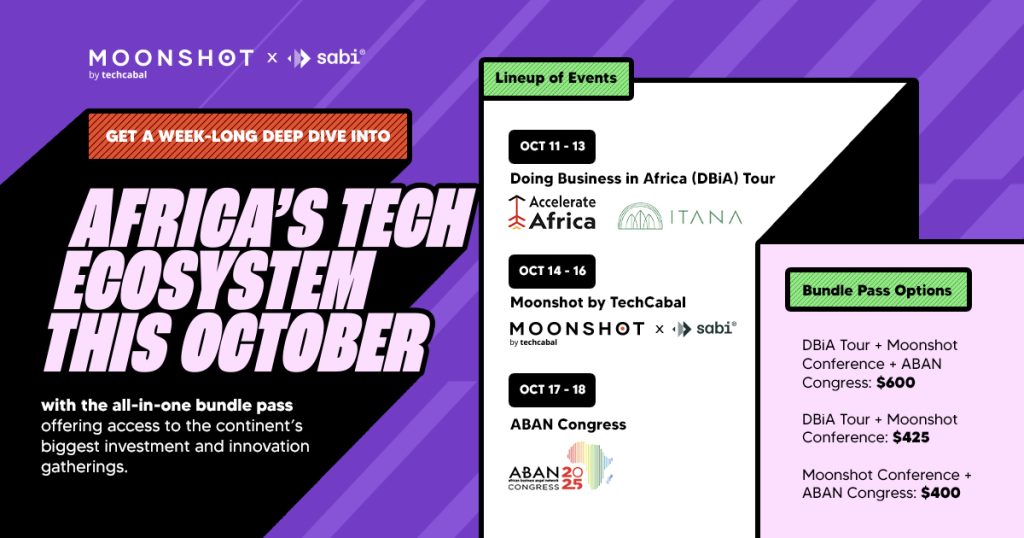






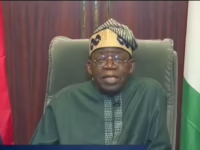
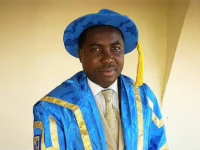




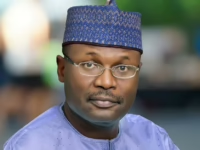






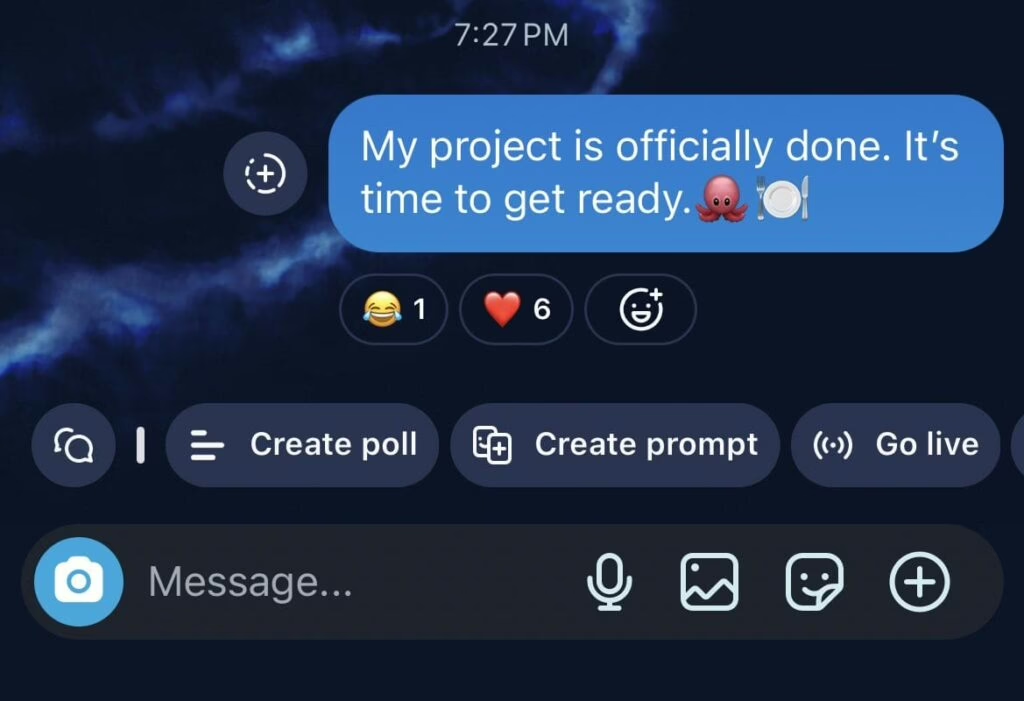


0 Comments